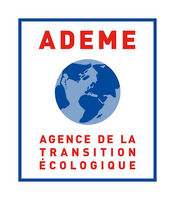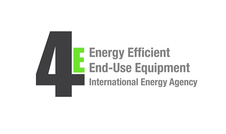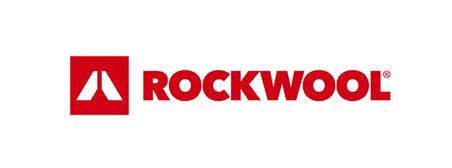Search eceee proceedings
Industrial high temperature heat pumps – Can they deliver the promise of meeting the deep decarbonization goals?
Panel: 9. Deep decarbonisation of industry
Authors:
Ammi Amarnath, Electric Power Research Institute, USA
Baskar Vairamohan, EPRI, USA
Abstract
According to the U.S. Department of Energy, it is estimated that approximately 35% of industrial energy input for process heating is lost as waste heat in the form of exhaust gases, cooling water, and heat loss from product heating. Recovering waste heat from industrial processes can be an effective strategy to help in the deep decarbonization of industrial processes. For heat recovery to be economical and effective, an industrial facility must have a waste heat source and a simultaneous need for heating elsewhere in their facility. Low-temperature waste heat streams account for most of the industrial waste heat inventory. The waste heat inventory in the industrial sector in the United States was analyzed and is estimated to be on the order of 1500–3000 Trillion Btu per year. This paper focuses on novel heat pumps that are being developed in the United States and other parts of the world. Details of a project funded by the California Energy Commission will be presented. This work effort is aimed at developing an industrial heat pump that can capture low-grade industrial waste heat (around 70 – 80 degree C) and transform it into high-temperature useful heat, specifically in the form of steam. The paper will also discuss low Global Warming Potential refrigerants that can provide a temperature lift of at least 40 degree C, thereby producing steam, with coefficient of performance greater than 3.4. Industries such as food processing, chemicals, paper and textile industries can make use of this steam. Such heat pumps enable deep decarbonization by reducing steam production from fossil-fuel based boilers, as well as reusing the heat which would have been otherwise wasted. The paper will share the latest developments from the laboratory testing to commercial applications.
Panels of
1. Dynamics of consumption: less is more?
2. Efficiency and beyond: innovative energy demand policies
3. Policy, finance and governance
4. Monitoring and evaluation for a wise, just and inclusive transition
5. Towards sustainable and resilient communities
6. Energy-efficient and low-carbon mobility for all
7. Policies and programmes for better buildings
8. Innovations in products, systems and building technologies



























